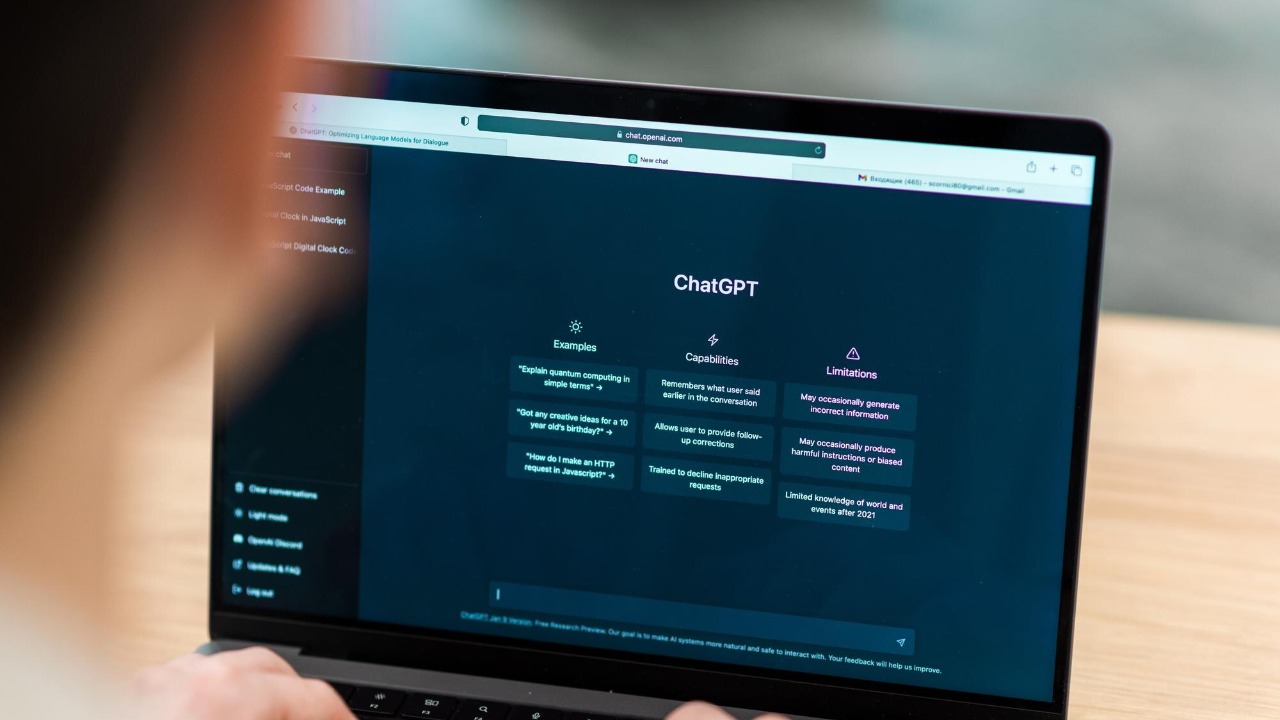Artificial Intelligence (AI) is revolutionizing the job landscape, frequently displacing younger workers. A study conducted by Stanford University unveils intricate patterns in this displacement.
Overview of the Stanford Study

The Stanford study, led by Professor Erik Brynjolfsson, aimed to investigate the impact of AI on younger workers, particularly those in entry-level positions. The research team utilized machine learning algorithms to analyze a vast dataset of job postings and employment statistics, dissecting the complex interplay between AI and the labor market.
Key findings revealed that AI is increasingly replacing traditional entry-level jobs, posing a significant threat to younger workers. This displacement was found to be most prevalent among Gen Z workers who are just entering the workforce. However, the study also uncovered a silver lining, suggesting that AI could offer new opportunities if workers could adapt and acquire the necessary skills.
The Impact of AI on Entry-Level Jobs

AI has been instrumental in automating various tasks, leading to the disappearance of many traditional entry-level positions. The Stanford study found that industries such as retail, customer service, and data entry were among the most affected. Companies are increasingly replacing human resources with AI, illustrated by Amazon’s use of automated robots in warehouses and AI chatbots handling customer queries.
For instance, the rise of AI has significantly impacted the retail sector. Self-checkout kiosks and online shopping platforms powered by AI have reduced the need for store cashiers and salespersons. In the customer service industry, AI chatbots are resolving customer inquiries, minimizing the need for human customer service representatives.
Effects on the Gen Z Workforce

Gen Z workers, many of whom are entering the workforce for the first time, are particularly vulnerable to AI displacement. This generation faces the daunting task of navigating a rapidly changing job market. The Stanford study highlighted that Gen Z workers are often underprepared for the shift towards AI, lacking the specialized skills required in an AI-driven job market.
However, Gen Z also has potential advantages. As digital natives, they are more comfortable with technology and can adapt more quickly to new tools and platforms. The challenge lies in harnessing these innate abilities and transforming them into marketable skills that can withstand the encroachment of AI.
AI vs Traditional Job Skills

The rise of AI is rendering many traditional job skills obsolete. Tasks that involve routine processing or repetitive actions are increasingly being automated, diminishing the value of skills such as data entry or manual labor. In contrast, skills like critical thinking, creativity, and emotional intelligence, which AI cannot replicate, are becoming more valuable in the new job market.
Recognizing this shift, educational institutions are beginning to adapt their curriculums. Universities and colleges are offering new programs focused on AI and machine learning, while also integrating these subjects into traditional disciplines. For example, Stanford University now offers a course on AI and Society, focusing on the societal implications of AI.
Is AI a Threat or Opportunity?

While AI certainly poses a threat to young workers by displacing traditional jobs, it also presents potential opportunities. AI is creating new job categories and roles that didn’t exist a few years ago, such as AI ethics officers or AI trainers. Individuals who can successfully adapt and acquire the necessary skills can thrive in this new landscape.
Take the example of an AI trainer. These professionals “teach” AI systems to perform their tasks, often relying on unique human skills that AI can’t replicate. This role requires a blend of technical know-how and human-centric skills like empathy and communication.
Policy Recommendations

Policymakers have a crucial role in addressing AI displacement. They can implement policies that encourage lifelong learning, reskilling, and upskilling, helping young workers stay relevant in a changing job market. Analyzing the effects of AI on the job market can help shape these policies, ensuring they are targeted and effective.
Current policy proposals include measures like tax incentives for companies that invest in employee training, or public funding for reskilling programs. Going forward, it’s crucial that policy initiatives take a proactive approach, preparing younger workers for an AI-driven job market rather than reacting to displacement after it occurs. For more in-depth policy recommendations, the Elgaronline article provides an excellent overview.